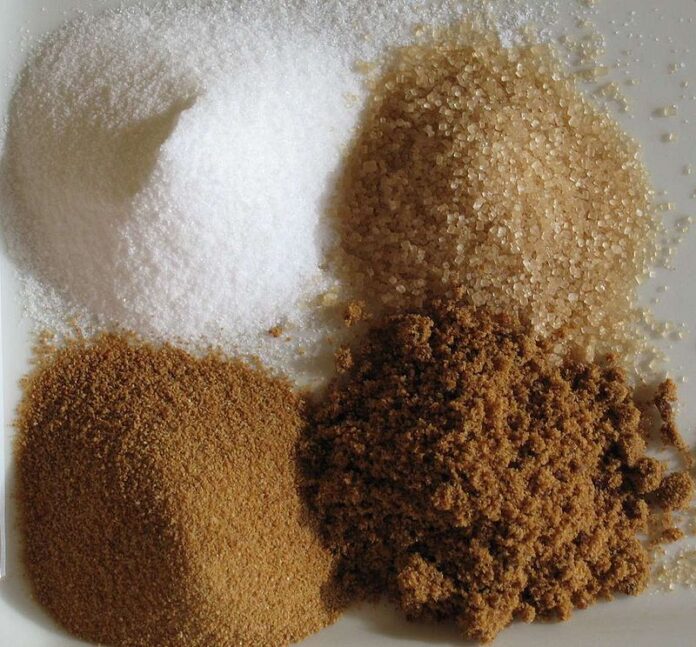Calendar class in Java is an abstract class that provides methods for converting date between a specific instant in time and a set of calendar fields such as MONTH, YEAR, HOUR, etc. It inherits Object class and implements the Comparable, Serializable, Cloneable interfaces.
As it is an Abstract class, so we cannot use a constructor to create an instance. Instead, we will have to use the static method Calendar.getInstance() to instantiate and implement a sub-class.
- Calendar.getInstance(): return a Calendar instance based on the current time in the default time zone with the default locale.
- Calendar.getInstance(TimeZone zone)
- Calendar.getInstance(Locale aLocale)
- Calendar.getInstance(TimeZone zone, Locale aLocale)
Java program to demonstrate getInstance() method:
// Date getTime(): It is used to return a// Date object representing this// Calendar's time value. import java.util.*;public class Calendar1 { public static void main(String args[]) { Calendar c = Calendar.getInstance(); System.out.println("The Current Date is:" + c.getTime()); }} |
The Current Date is:Tue Aug 28 11:10:40 UTC 2018
Important Methods and their usage
| METHOD | DESCRIPTION |
|---|---|
| abstract void add(int field, int amount) | It is used to add or subtract the specified amount of time to the given calendar field, based on the calendar’s rules. |
| int get(int field) | It is used to return the value of the given calendar field. |
| abstract int getMaximum(int field) | It is used to return the maximum value for the given calendar field of this Calendar instance. |
| abstract int getMinimum(int field) | It is used to return the minimum value for the given calendar field of this Calendar instance. |
| Date getTime() | It is used to return a Date object representing this Calendar’s time value.</td |
Below programs illustrate the above methods:
Program 1: Java program to demonstrate get() method.
// Program to demonstrate get() method// of Calendar class import java.util.*;public class Calendar2 { public static void main(String[] args) { // creating Calendar object Calendar calendar = Calendar.getInstance(); // Demonstrate Calendar's get()method System.out.println("Current Calendar's Year: " + calendar.get(Calendar.YEAR)); System.out.println("Current Calendar's Day: " + calendar.get(Calendar.DATE)); System.out.println("Current MINUTE: " + calendar.get(Calendar.MINUTE)); System.out.println("Current SECOND: " + calendar.get(Calendar.SECOND)); }} |
Current Calendar's Year: 2018 Current Calendar's Day: 28 Current MINUTE: 10 Current SECOND: 45
Program 2: Java program to demonstrate getMaximum() method.
// Program to demonstrate getMaximum() method// of Calendar class import java.util.*;public class Calendar3 { public static void main(String[] args) { // creating calendar object Calendar calendar = Calendar.getInstance(); int max = calendar.getMaximum(Calendar.DAY_OF_WEEK); System.out.println("Maximum number of days in a week: " + max); max = calendar.getMaximum(Calendar.WEEK_OF_YEAR); System.out.println("Maximum number of weeks in a year: " + max); }} |
Maximum number of days in a week: 7 Maximum number of weeks in a year: 53
Program 3: Java program to demonstrate the getMinimum() method.
// Program to demonstrate getMinimum() method// of Calendar class import java.util.*;public class Calendar4 { public static void main(String[] args) { // creating calendar object Calendar calendar = Calendar.getInstance(); int min = calendar.getMinimum(Calendar.DAY_OF_WEEK); System.out.println("Minimum number of days in week: " + min); min = calendar.getMinimum(Calendar.WEEK_OF_YEAR); System.out.println("Minimum number of weeks in year: " + min); }} |
Minimum number of days in week: 1 Minimum number of weeks in year: 1
Program 4: Java program to demonstrate add() method.
// Program to demonstrate add() method// of Calendar class import java.util.*;public class Calendar5 { public static void main(String[] args) { // creating calendar object Calendar calendar = Calendar.getInstance(); calendar.add(Calendar.DATE, -15); System.out.println("15 days ago: " + calendar.getTime()); calendar.add(Calendar.MONTH, 4); System.out.println("4 months later: " + calendar.getTime()); calendar.add(Calendar.YEAR, 2); System.out.println("2 years later: " + calendar.getTime()); }} |
15 days ago: Mon Aug 13 11:10:57 UTC 2018 4 months later: Thu Dec 13 11:10:57 UTC 2018 2 years later: Sun Dec 13 11:10:57 UTC 2020
Reference: https://docs.oracle.com/javase/7/docs/api/java/util/Calendar.html

